Learn
What Causes the Price of Bitcoin to Change?
Bitcoin is so different from the government-regulated currencies therefore not influenced by what would typically currency fluctuations. And purchasing this cryptocurrency does not depend on the same factors as buying stocks because it's not a company or entity.
The price fluctuations in Bitcoin are due to many different factors. There is a way to measure volatility in the fiat currency markets, usually called the CBOE Volatility Index. A similar index for Bitcoin has also been developed following the recent changes in the crypto markets. The Bitcoin Volatility Index tracks the volatility of this crypto coin through a market cap in different timespans.
Why are Live Bitcoin Prices From Exchanges Different?
When comparing prices from different sites, you might have noticed that they're not all the same. For instance, if checking the Bitocin cost from CoinMarketCap, it will differ from that of other exchanges.
The different pricing algorithms from the exchanges bring about the difference. Since some of these platforms have faster processing speeds than others, they'll tend to price their Bitcoins higher than others.
The factor of market sizes also contributes a lot to the different prices on various exchanges. Bigger markets will have a higher demand, but since the supply of Bitcoin will only be dependent on the mining speed, the costs will tend to go high.
The reverse is true with smaller markets. The price will be low in such markets because the demand isn't that high, while supply might be unaffected. That's why you would find the Bitcoin price in the US market is higher than in the South African market with lower demand and supply.
Why Do Bitcoin Prices Change?
As we've seen, the prices of Bitcoin and other cryptocurrencies will be different in various exchanges and markets. Without looking at these two, the prices of this cryptocurrency would still change. Let's look at the reasons why the volatility exists.
Liquidity of Bitcoin
Liquidating your assets in a crypto market translates to exchanging them for money (fiat currencies). The amount of money you'll get in return will highly depend on the existing markets and the exchange.
Liquidity pricing is affected by different factors, including trading volume, which is the shares transacted each day. For every person selling, there will be one buyer; as such, you can consider trading volume as the half sum of transactions done in a day. Since various exchanges will have varying Bitcoin trading volumes, the prices will vary across different platforms. However, the variations won't be drastic.
As such, always check an exchange's order book before engaging in trade. The order book will show a list of live trading, which occurs when traders set a buying/selling price for their asset.
Media and News about Cryptocurrency
Media and speculations across the web also account a lot for the fluctuations experienced in Bitcoin prices. Mainstream media such as Twitter and Reddit have a big say when it comes to influencing Bitcoin.
Recently we witnessed Bitcoin's slowing translation rates when Tesla Boss Elon Musk took to Twitter to express his support on the Shiba Inu-themed crypto, Dogecoin. On several occasions, he and other notable figures tweeted over the period when Bitcoin faced a deep plunge. This is one example of how media speculations affect Bitcoin prices.
When a cryptocurrency attracts media attention, a surge in its popularity occurs, giving rise to trading activities. Increased trade raises the demand, and eventually, the prices start to shoot. In the same context, the opposite can happen.
If a bad reputation against crypto spreads in the mainstream media, traders may start cashing out before price plummets causing losses.
Future Value Uncertainty
The perception that people hold to the intrinsic value of Bitcoin concerning it becoming a value transfer and storage method also affects its prices. Value store is how assets can become beneficial in the future with some extent of predictability.
A value transfer method is a concept that people use to transmit property in asset form from one entity to another. The present volatility of Bitcoin makes it an unclear value store. However, it gives the promise of an almost frictionless and perfect value transfer.
Arbitrage
Arbitrage is when a trader simultaneously buys and sells an asset to earn profit due to a price imbalance. For instance, you may notice that one exchange trades Bitcoin at a lower price. You'd then buy, withdraw, and sell it on another that sells it at a higher price.
Transferring money across different exchanges becomes inefficient since bots will jump on any possible arbitrages before traders do so. The platforms can also fix the prices even before you get an opportunity to sell.
Since it can be challenging for traders to seize arbitrage, it enables prices to persist in the market for longer than how they would in more efficient markets. Arbitrage is another aspect that causes prices to change on exchanges.
High Losses by Traders
When there's an increased loss by traders, fear is usually a result which can also cause volatility. Bitcoin can realize a reduced overall float, causing a possible value increase in the remaining coins due to the inflated scarcity. This can have snowballing effect on any market, which typically recovers in short order.
The Risks Imposed By Holders of Large Currency
Those with vast proportions of Bitcoin outstanding float also contribute to the change in the cryptocurrency prices. For instance, for those with massive holdings of over $10 million, liquidating the assets into fiat without affecting the market is almost impossible.
Since most crypto exchanges have a 24 hour limit on withdrawal amounts much lower than such huge figures, it's unclear how they'd liquidate those Bitcoins. At the moment, the cryptocurrency hasn't attained mass-market adoption to allow it to offer option value to those holding huge amounts of the currency.
Competing Cryptocurrencies
Even though Bitcoin might be the most popular cryptocurrency in the market, hundreds of other digital currencies are vying for attention. Some of the altcoin such Dogecoin, Ethereum, Tether, and Binance are giving the dominant crypto more competition.
As the market becomes crowded, investors gain as they enjoy the increased competition, making the prices go down. Bitcoin is only fortunate because of the extremely high volatility that gives it an upper hand over the competing cryptocurrencies. But as more altcoins enter the market, significant prices changes in Bitcoin due to competition will occur.
Bottom Line
Despite Bitcoin's popularity amid the different challenges experienced in the crypto market, its price will always fluctuate. Always do your research on the prices before venturing into any investment scheme to ensure your losses are minimal.
Want to learn more about trading cryptocurrency?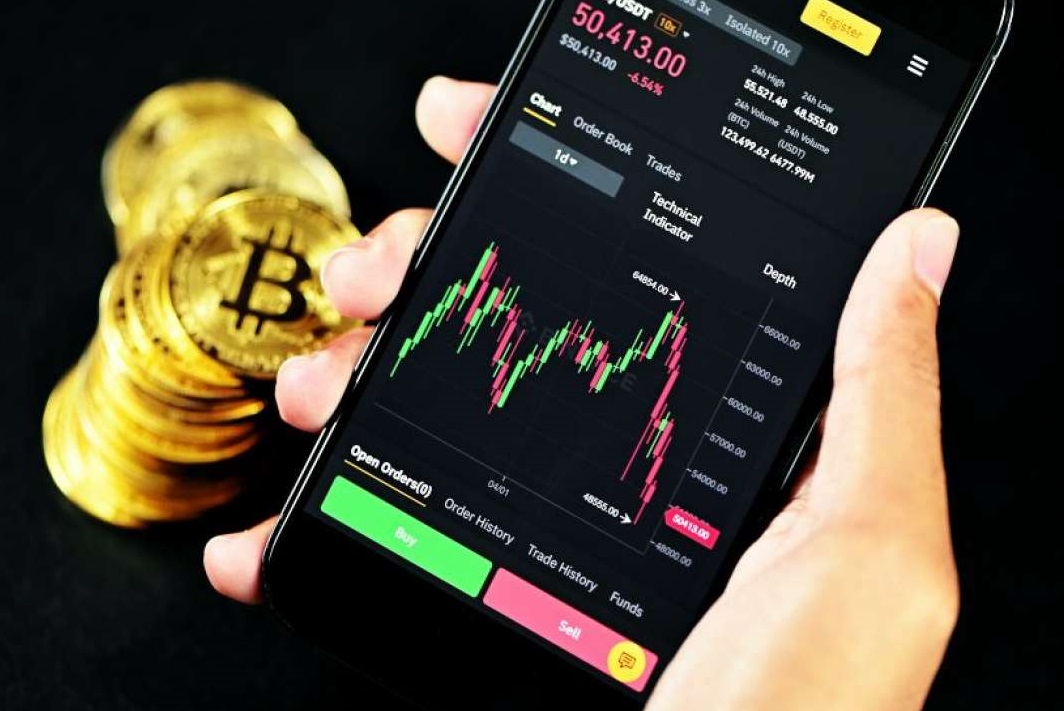
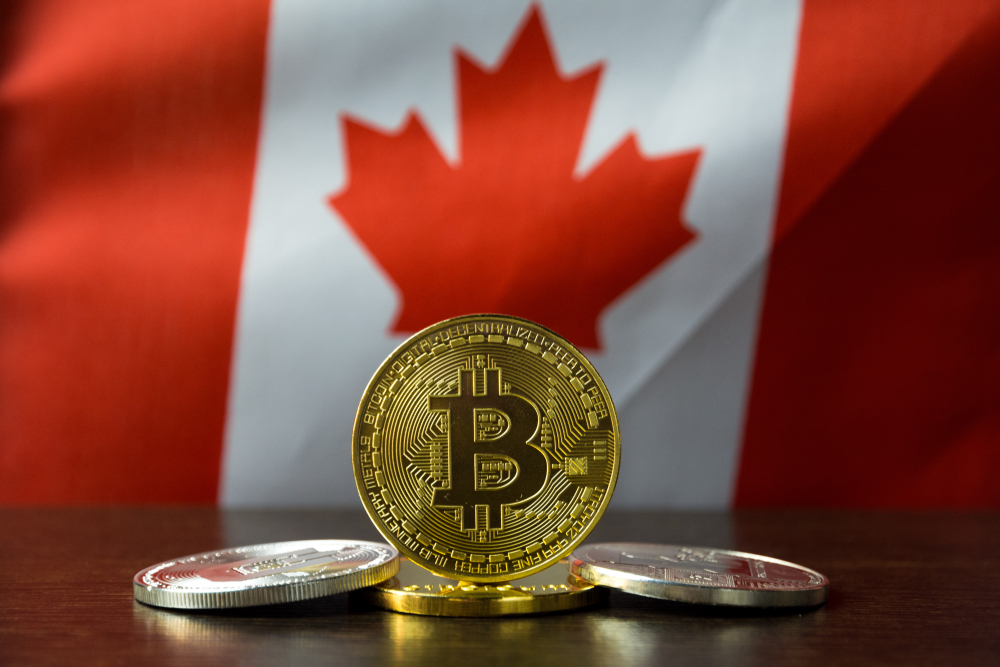
Are you one of the many people around the world looking to make their first cryptocurrency purchase? Learn how to do it safely with our guide for Canadians.

Bitcoin is becoming increasingly popular among Americans. Find out how to begin buying bitcoin for the first time: understand the pitfalls and risks associated to buying cryptocurrency, and protect your investment.
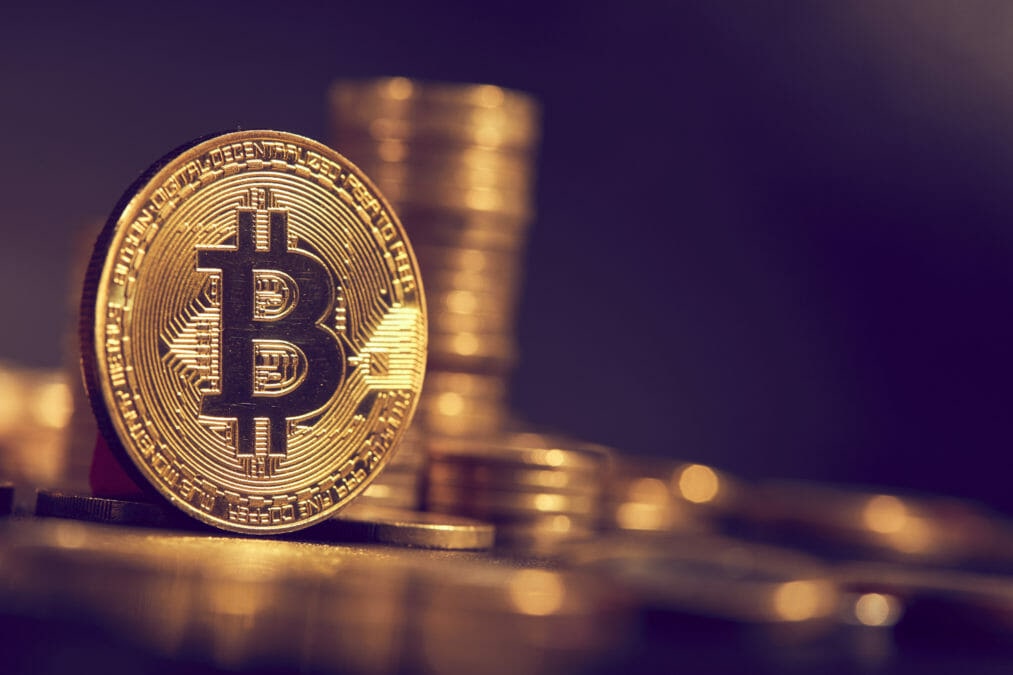
Bitcoin is being adopted by eCommerce companies around the world. Learn how to make your first purchase with Bitcoin safely, understand how to transfer bitcoins out of your wallet and more.
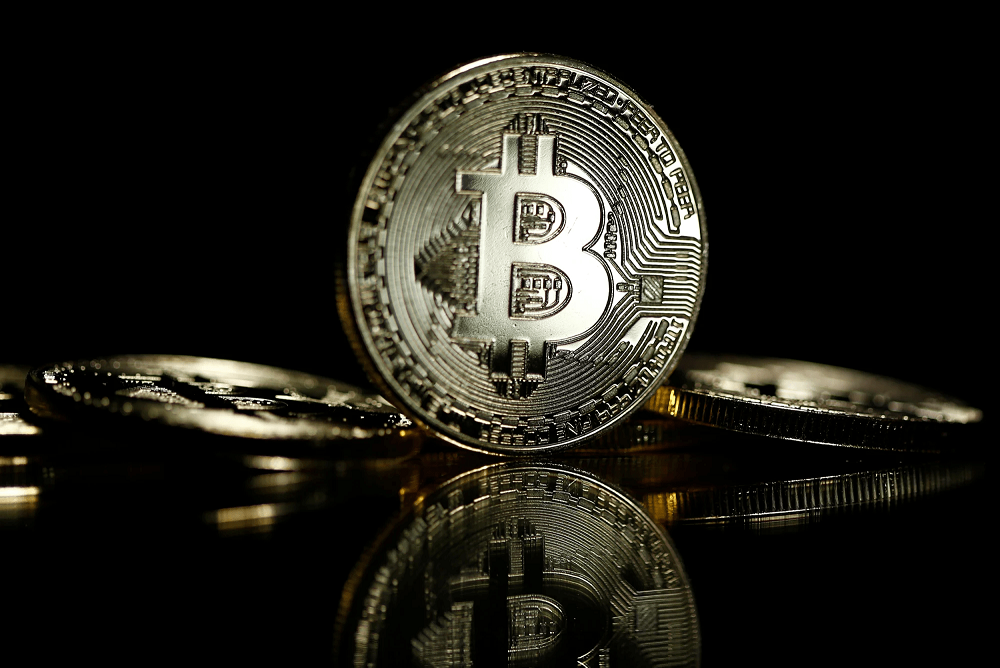
When you are looking to convert Bitcoin back to fiat, it is important to maximize your price point and ensure you are paying the lowest possible amount in fees and commission. Learn how to sell bitcoin effectively here.
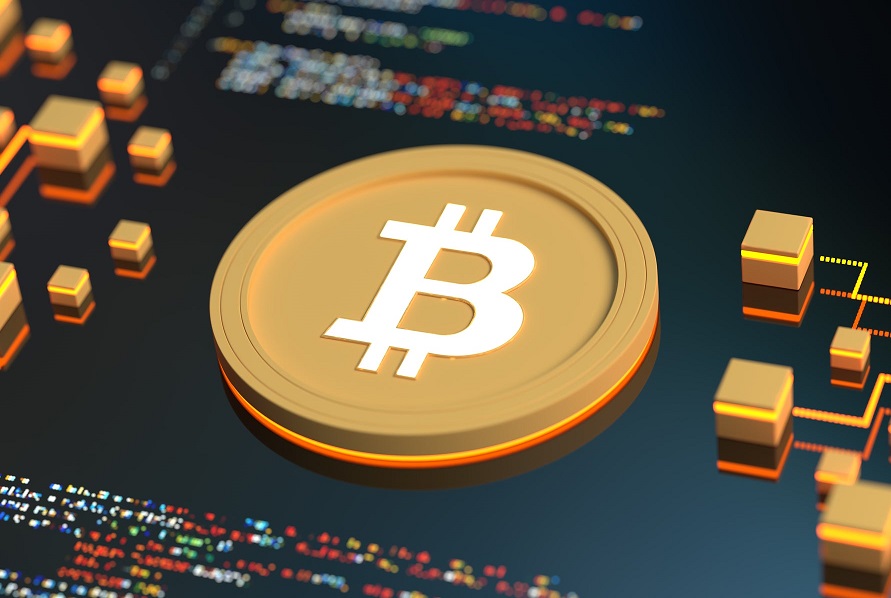
With the recent fall in Bitcoin's price, is it a good time to invest in cryptocurrency? Learn about the history of bitcoin, and what the latest price drop means moving forward before you consider investing in Bitcoin.
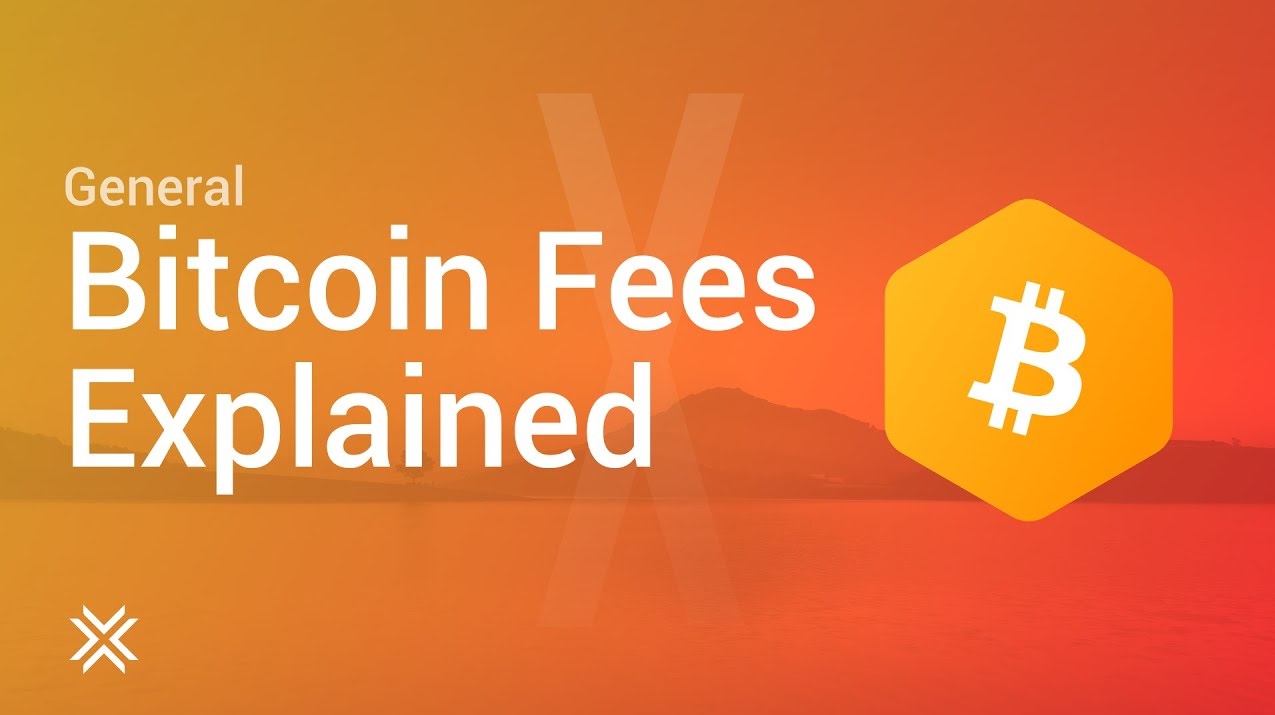
Are you about to make a purchase or place a trade with Bitcoin? Make sure you understand the fees involved, and how they can eat into your wallet balance. Learn how to reduce or eliminate Bitcoin transaction fees here.






